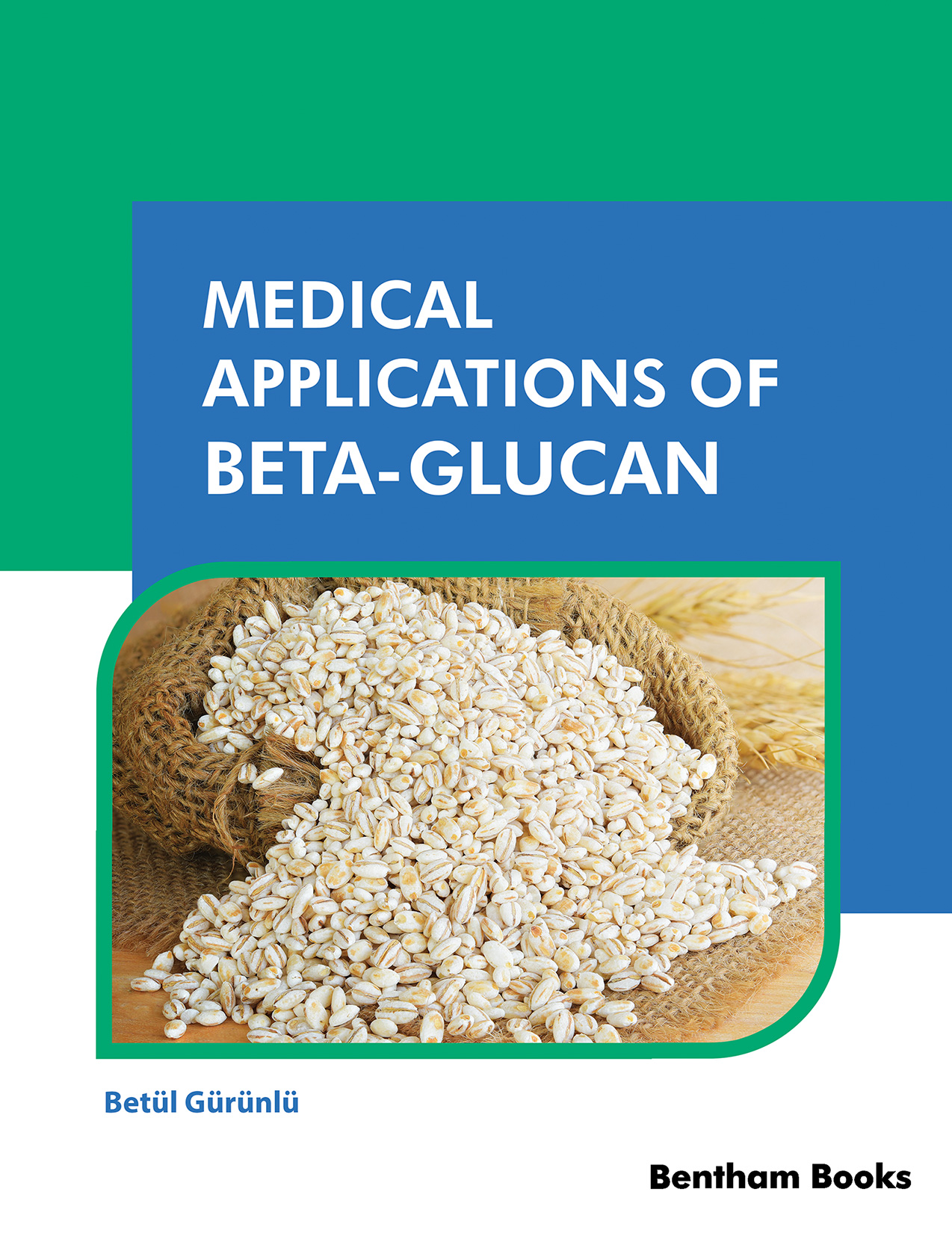Beta Glucan in Treatment of Irritable Bowel Syndrome (IBS) and Inflammatory Bowel Diseases (IBD): Ulcerative Colitis (UC) and Crohn's Disease (CD)

- By Betül Gürünlü1
-
View Affiliations Hide Affiliations1 "Üsküdar Üniversitesi,Biyomühendislik Bölümü,Merkez Yerleşke A Blok 325/AAltunizade, Üsküdar, İstanbul, Turkey"
- Source: Medical Applications of Beta-Glucan , pp 81-92
- Publication Date: January 2022
- Language: English
Since ancient times, the healing properties of fungi have been used in the treatment of many health problems such as hypertension, diabetes, allergies, cancer, atherosclerosis, digestive system disorders and inflammation. Inflammatory bowel diseases are a very serious health problem that significantly reduces a person's quality of life. Regarding immune-mediated inflammatory diseases, two of the most common types of inflammatory bowel disease are Crohn's disease (CD) and ulcerative colitis (UC). Levels of C reactive protein (CRP), neutrophil elastase, leukocyte esterase, interleukin 1ß (IL-1ß), interleukin receptor 1 antagonist, tumor necrosis factor (TNF), and eosinophilic cationic protein (ECP) biomarkers observed in the body in inflammatory bowel diseases. It is reduced by giving the body β-glucan. At the same time, the percentage of lymphocytes was decreased, and pathways for cytokine and chemokine marking were developed. This review focuses on the therapeutic effect and mechanism of β-glucan content derived from fungi, yeasts, and other organic sources on inflammatory bowel disease (IBD) such as CD and UC, and irritable bowel syndrome (IBS).
-
From This Site
/content/books/9789815039238.chap9dcterms_subject,pub_keyword-contentType:Journal -contentType:Figure -contentType:Table -contentType:SupplementaryData105

